Participating by staying true to the kaupapa
After three years as our Lead Systems Innovator, Eddie Edmonds was the driving force behind our team’s commitment to improving equity and health and wellbeing outcomes for Māori.
By beginning our journey with a strong focus on building the internal capability of the Healthy Families Hutt Valley kaimahi, Eddie deepened our understanding of Māori culture and values. This allowed for authentic whanaungatanga-based relationships to foster between our kaimahi and our hapori Māori.
Eddie’s reflections on his time in the team capture the commitment to the kaupapa and the dedication to create genuine connections with hapori Māori while enabling and supporting the drive to create better outcomes by Māori and for Māori.
“What stands out for me are my learnings from the Healthy Families Hutt Valley team and the Healthy Families NZ workforce across the motu. There is extensive lived experience and capability in in the wider Healthy Families NZ team which becomes evident when people choose a new pathway taking on leadership, systems change and pūnaha Māori roles. It has been exciting and a privilege to work alongside the calibre of people we have been part of the Healthy Families NZ kaupapa.
Whanaungatanga is the most important thing when connecting with Māori, hapori Māori. When whanaungatanga is well thought out and acted upon, it creates authenticity and a genuine connection when working together. It creates a sense of trust and makes it easier to address the challenges.
How we participate is by staying true to the kaupapa. It’s not our story to tell, we are enabling and helping our hapori tell their story, share their experience and learnings – the reciprocity is up to us.
I experienced that empowered leadership. I was supported and encouraged to embed myself in the community, build relationships and spend time with people. This is a big part of why I enjoyed my time in the team.
To address the complex systems and create change we need a tikanga led approach, particularly addressing the conditions needed to realise the potential. For example, being able to bring our whole self to mahi, where there is a safe space and environment. When working together with Māori to reach aspirations, it requires a whānau oriented environment. We were given the opportunity and ability to dive deep into matauranga Māori.
A few prompts to ask yourself when working towards Te Ao Māori aspirations include, are we the appropriate and right person to lead this? Are we the right team to lead this? Do we have the right people and are we taking the correct approach? Often missing the link to taha wairua, if we are truly working to achieve aspirations, we need a team of Māori to bring that expertise.
What I enjoyed the most about my role was the day-to-day variety. One day I could be delivering a presentation to Councillors, the next day I am digging and harvesting in the maara kai and then I move on to delivering kai parcels to our hapori. All the while meeting and connecting new networks, applying systems change, principles and methodologies.
I want to extend a big thank you to our community first and foremost for the mahi we have done together. I appreciate the learnings along with the challenges. To the Healthy Families Hutt Valley team for accepting me into the workplace. Thank you for allowing me to lead and trusting me to guide us in certain directions, where we were truly working in the grey. Thank you for the respect given for Te Ao Māori, from day one I came into the team and received open arms and an open mind and I appreciated the inclusive and committed approach.”

